Sustainability-oriented innovation (SOI) is receiving increased focus, as sustainability takes a more central role in business, development, and education arenas.
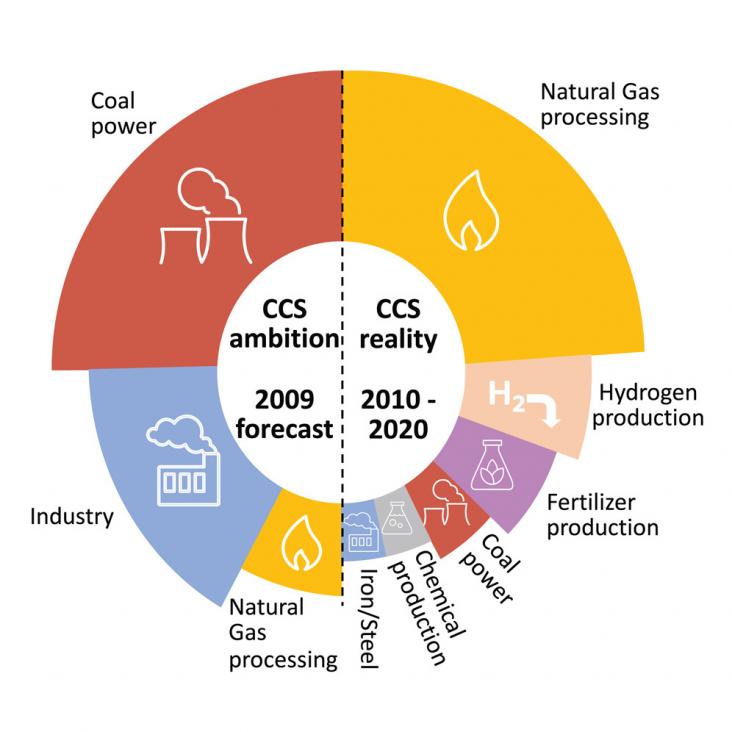
Following the landmark 2015 United Nations Paris Agreement, a growing number of countries are committing to the transition to net-zero emissions.
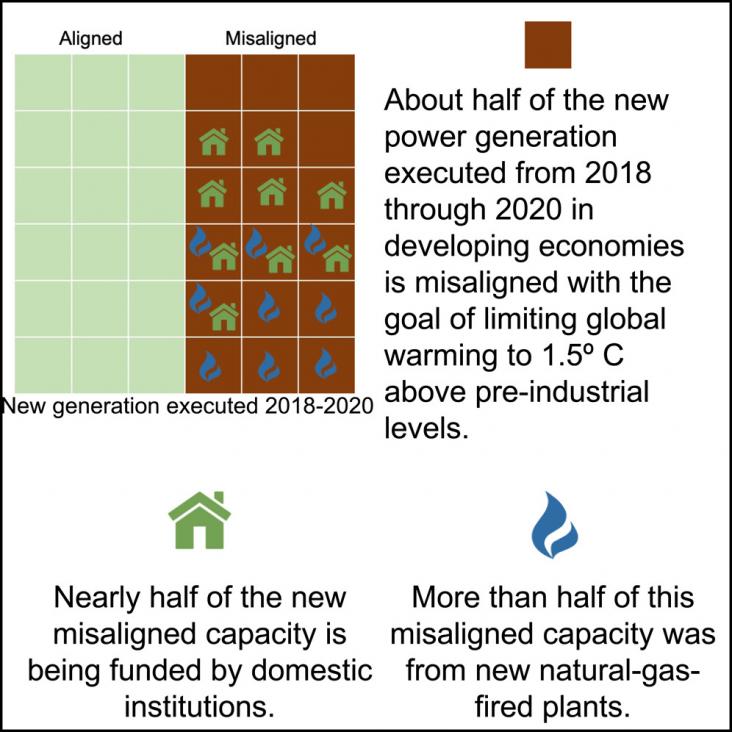
Major infrastructure financiers will have to significantly decarbonize their investments to meet mounting promises to cut carbon emissions to “net-zero” by mid-century.
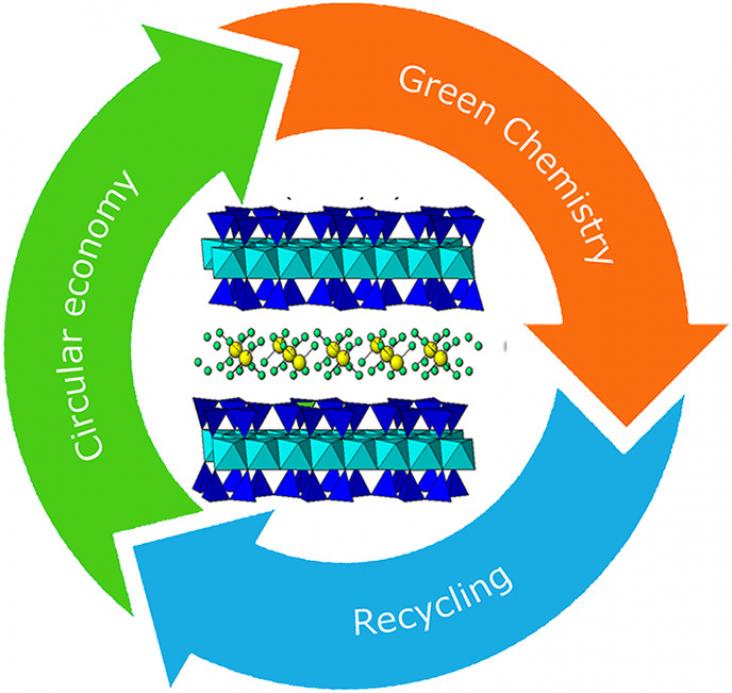
One of the main objectives of a sustainable development and circular economy is the recycling of by-products generated in industrial and agricultural production processes. One of the possible solution is the use of such by-product materials in the synthesis of environmental adsorbents.
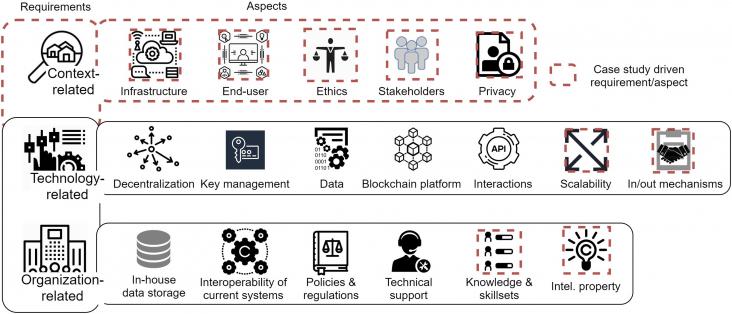
Blockchain technology promises to improve the efficiency, transparency, and accountability of humanitarian operations.
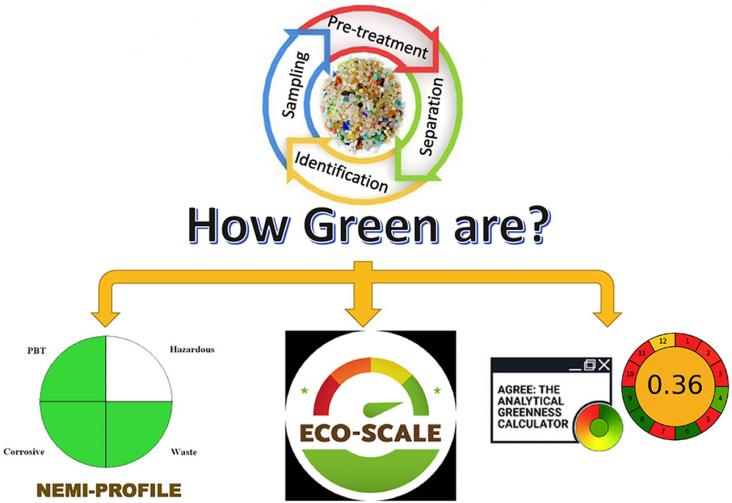
Microplastic (MP) and nanoplastic (NP) pollution is among the global environmental concerns of the 21st century owing to its transboundary distribution and persistence.
Global warming and climate change caused by an ever-increasing accumulation of atmospheric CO2 are reaching alarming levels.
Energy production and CO2 emissions are strictly connected.
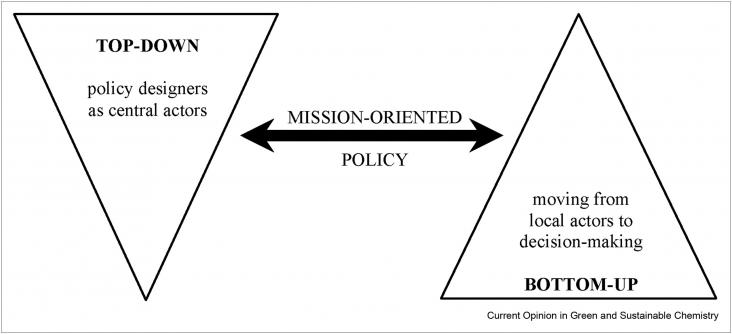
Hydrogen as a clean, reliable and potentially sustainable energy vector has attracted growing interest for promoting the sustainable development of both industry and society worldwide.
